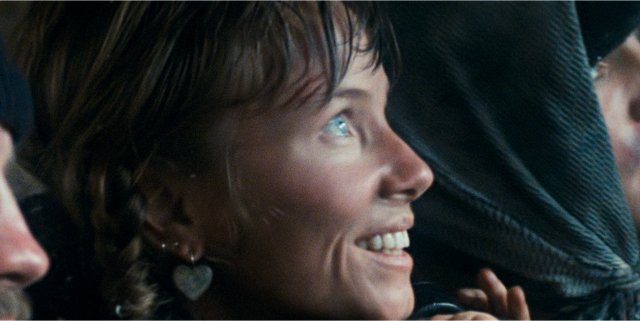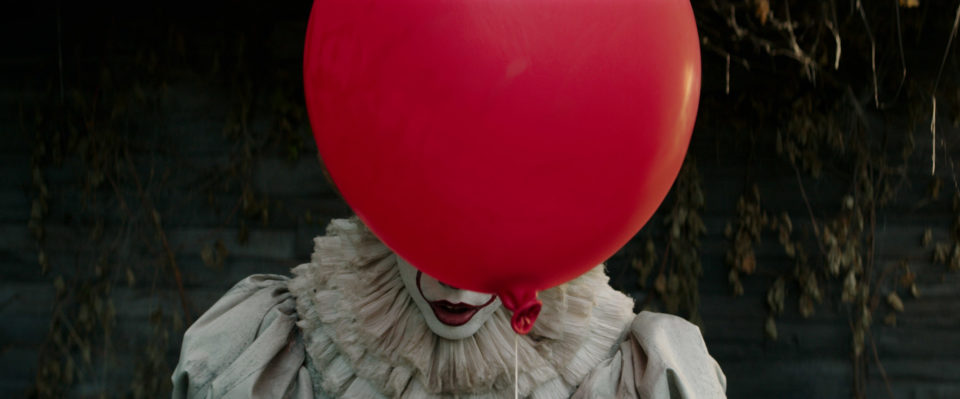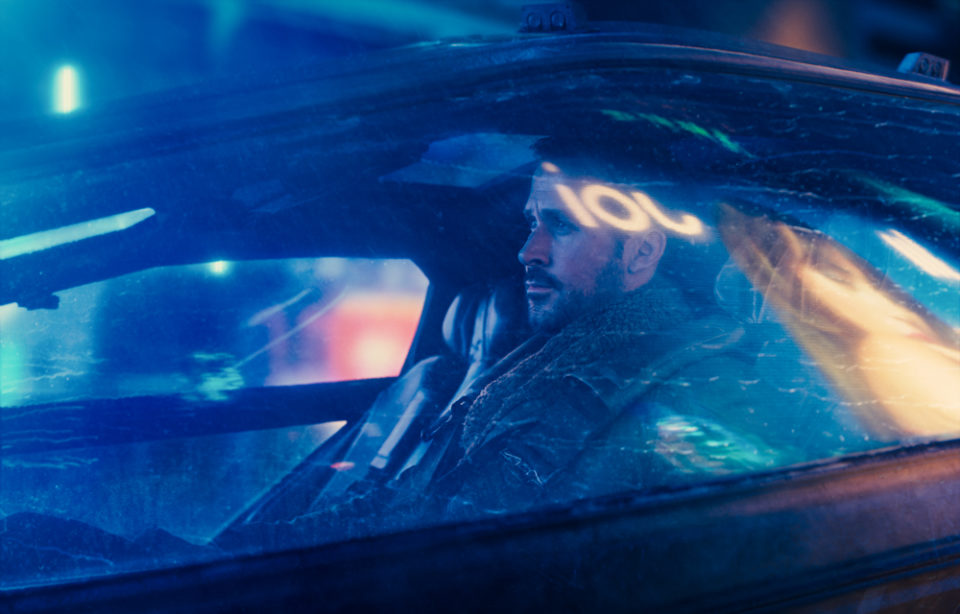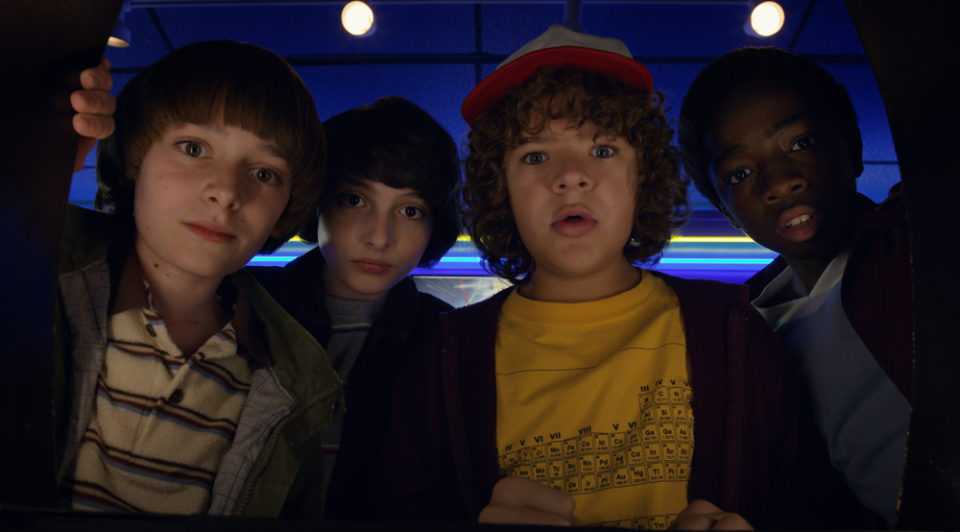There is now such a flood of film festivals in Sydney dedicated to different nations that our screens can feel like a meeting of the UN General Assembly. It’s difficult for even the most dedicated cinemagoer to figure out what films are worth seeing.
So here’s a tip: look out for those that program seasons dedicated to the great cinema of the past. If a filmmaker or actor is interesting enough for their work to be revived years after its original release, that should tell you something.
Sidebars of classics drawn from Russia’s rich cinematic history, many hard to see, have been a consistent strength of the Russian Resurrection Film Festival, now in its 14th iteration and running in Sydney this year between 26 Oct – 5 Nov.
Say what you will about the subject of this year’s look-back, veteran director Andrei Konchalovsky, but you could never accuse him of predictability. From adaptations of Chekhov and Turgenev to collaborations with art film legend Andrei Tarkovsky to Hollywood action movies starring Jon Voight and Sly Stallone, and then back to Russian art films, his career has been one of the most wide-ranging of any director alive.
And although this year Konchalovsky (brother of fellow director Nikita Mikhalkov) celebrates his 80th birthday, his filmmaking hardly looks to be fading. His most recent film on the program, the astoundingly well acted and photographed Holocaust drama Paradise, last year won the Venice Film Festival’s prestigious Silver Lion (second prize) for directing.
The RRFF’s Sydney-based director, Nicholas Maksymow, says Konchalovsky’s huge career breadth highlights the fact “he’s been in the film industry so long that he’s willing to try different styles and genres. His film The Nutcracker in 3D we screened six or seven years ago. It was a bit of a disaster, but I believe he answered his critics by saying that it gave him the opportunity to do something he’d wanted to do, that is to work in England. I think he likes to experiment.”
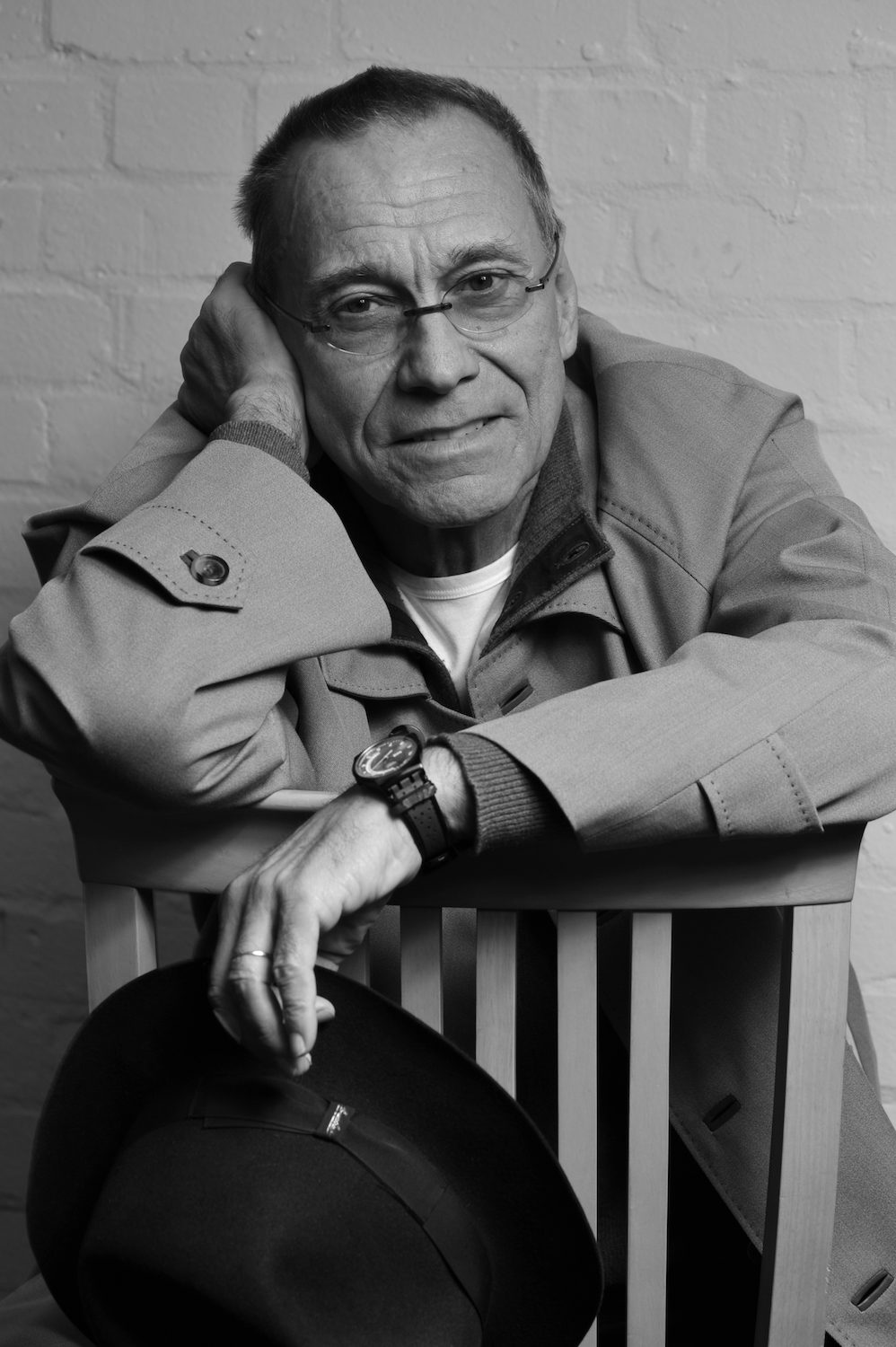
Filmmaker Andrei Konchalovsky
Maksymow has chosen six of the director’s 22 features, selecting them in pairs from three main career phases. His early career is represented by two archetypically Russian adaptations – Turgenev’s A Nest of Gentlefolk and Chekhov’s Uncle Vanya, subtle films that already showed the director’s command of movement within the frame and ability to get the best out of fine actors. Next up – and talk about a startling change – are the action movies Runaway Train and Tango & Cash from the director’s 1980s-90s Hollywood spell.
Finally, to bring things up to date are two of his 21st century pictures, Gloss, a satire on the Russian fashion industry and its connections to prostitution, and Paradise. Konchalovsky told the Russian media this year that “for me, Paradise is definitely not a film about the Holocaust. It shows the tragedy of the Jewish people, but this is not the main theme of the film. For me it was much more important to make a film about the charm of evil. The main character in the film is an SS officer, an incredibly well educated and attractive man. But that is the horror.”
The banning of the director’s second film, Asya’s Happiness, by Soviet authorities may partially explain his mid-career shift to Hollywood, though the move was far from abrupt. In his first of two memoirs, Ugly Truths, the filmmaker describes a love affair with the US that began with a Jefferson Airplane concert and the discovery of stereo radio and packaged chicken livers in supermarkets. American life “fell on me like a ton of bricks,” he recalled.
Yearly visits eventually led to his resettling in LA in the 1980s, where he had an affair with Shirley MacLaine – a Russophile along with her brother, Reds director and star Warren Beatty – which opened the door to other Hollywood stars and power brokers.
As a director he impressed with the lyrical Maria’s Lovers, starring Nastassja Kinski (though released in Australia at the time, sadly the festival was unable to source in a copy) and made a wider impact with the thrilling 1985 Runaway Train, starring Voight and based on an original script by Japanese maestro Akira Kurosawa. It’s understandably revered as among the greatest action films ever made.
If any serious director could have forged a partnership with post-Rambo Sly Stallone and pull it off, it would appear to have been Konchalovsky. The pair got on well – but the excessive creative interference of Warner Bros., shocking to someone from a nation where directors were respected and revered, culminated in Konchalovsky being sacked.
Significant films not screening include one of the greatest ever made, Andrei Rublev (which Konchalovsky co-scripted with its director, Tarkovsky); and 1979’s Siberiade, which starred his brother, Nikita Mikhalkov.
The brothers are from a highly artistic family (their writer father penned the lyrics to the Russian national anthem in both Soviet and post-Soviet versions, and their mother was a poet and daughter of the artist Pyotr Konchalovsky). “Early on they had a very good relationship,” notes Maksymow, “and Mikhalkov was even in a couple of Konchalovsky’s films, but as time went on I think they obviously had a falling out.”
It’s intriguing, he adds, that Konchalovsky’s good reputation remains intact in Russia while his brother, once revered for directing the classics Burnt by the Sun and Urga, aka Close to Eden, is now a highly contentious, pro-Putin member of the Duma (Russian parliament) and head of the Russian Cinematographers’ Union, mistrusted by some in the nation’s film industry for what they regard as his misuse of influence and power. But that’s a subject for another day – and perhaps another retrospective.
The Russian Resurrection Film Festival screens at Event Cinemas in Sydney CBD and Burwood, 26 Oct – 5 Nov.
Perth: 27 October to 1 November at Cinema Paradiso, Northbridge;
Brisbane: 01 to 08 November at Event Cinemas Myer Centre Brisbane City;
Canberra: 10 to 15 November at Capitol Cinemas Manuka;
Melbourne: 09 to 19 November at ACMI;
Auckland NZ: from 08 to 12 November at Rialto Cinemas Newmarket.
Full details here: http://russianresurrection.com/2017


